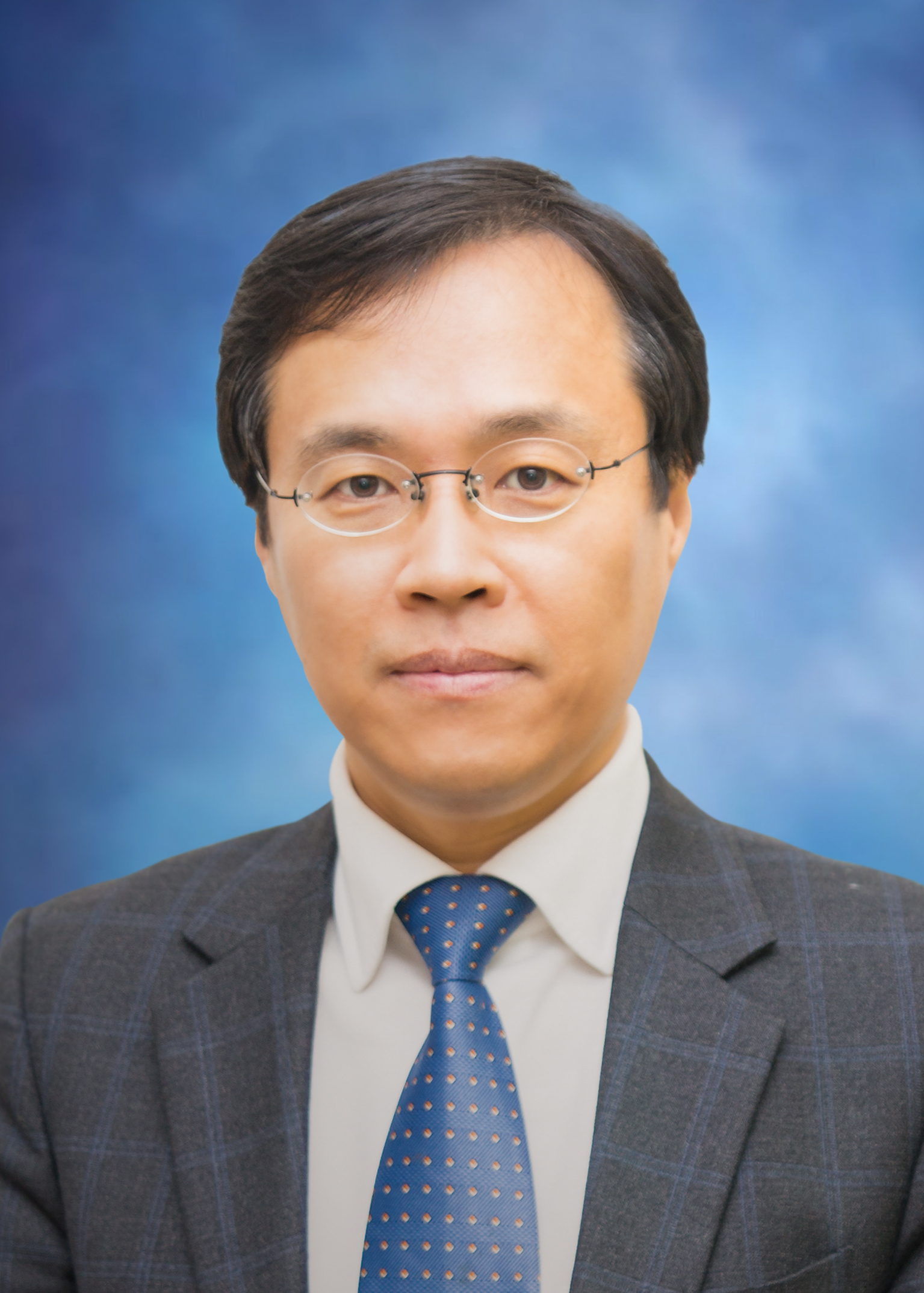https://www.kci.go.kr/kciportal/ci/sereArticleSearch/ciSereArtiView.kci?sereArticleSearchBean.artiId=ART002189681
다산 정약용의 철학적 인간론 연구 - 심신이론과 도덕본체의 창조적 재구성을 중심으로 Study on Dasan Jeong Yak - Yong’s philosophical Humanism - Centered on the creative Reconstruction of Mind - Body Theory and Morality Principle -초록 본 연구는 문명의 전환기의 중심에서 인간과 세상을 새롭게 인식하고 재구성했던 다산의 사유구조를 밝혀, 다산 사상이 지니는 철학적 인간이해의 고유한 지평을 제공하는데 목적을 두고 있다.
이를 위해 사료적 측면에서 다산과 서학의 연속성과 불연속성을 조명하였고, 사상적 측면에서 다산과 서학의 上帝와 天主 개념, 靈明과 靈魂 개념을 분석하였다.
다산은 젊은 시절 보유론적 漢譯西學書를 접하고, 당시 사회통치의 이념이었던 노론계열의 성리학 폐단을 극복하고, 조선사회의 재건 방향을 주도할 새로운 유학의 희망을 찾았다.
상제는 만물을 초월하면서 만물을 창조하고 주재하는 존재라 하더라도, 지금 바로 여기의 순선한 도덕 감정에서 현현되고, 마음과 분리되지 않으면서 마음에 내재되어 본래상태를 이루고 있다. 理는 그저 자연사물에 현현되는 文理이거나 인간마음에 드러나는 條里이고, 無極과 太極도 ‘無形而有理’의 天理가 아니라 혼돈상태에 머물러 있는 元氣일 뿐이다.
靈明無形의 도심은 마음을 초월하여 실재하거나 몸을 초월하여 자아를 관찰하는 존재가 아니다. 순선한 감정에서 확인되는 마음의 본래 상태가 體이므로, 體와 用은 구분되지 않는다. 하늘[天]은 인간의 도심에 온전히 내재되어 인간의 본래 마음과 간극이 존재하지 않아, ‘天人無間’의 상태를 이루고 있다고 할 수 있다. 또한 양지와 양능처럼 知와 行이 합일되어, 도심에는 강력한 도덕실천의 힘이 확보되어 있다.
물론 선을 좋아하고 악을 싫어하는 성향이 상제의 현현이라 할지라도, 인간의 주체성은 결여되지 않는다. 도덕적 사고와 행위를 지속하는 책임은 ‘自主之權’을 지닌 마음에 달려 있다. 惡은 氣質 때문이 아니라, 마음이 상제의 기호인 道義之性을 따르느냐 형기의 기호인 形軀之性을 추구하느냐에 따라 비롯된다.
문명전환기에 다산이 두 문명과의 역사적 대화 속에서 구상한 심신이론과 도덕본체는 21세기 철학적 인간론의 창조적 재구성을 위한 통찰과 유산으로 우리에게 남아있다. The purpose of this study is to reveal the reason structure of Dasan(茶山 丁若鏞 Jeong Yak-Yong, 1762~1836), which newly recognized and reconstructed the human and the world at the center of the transition period of civilization, and to present a unique perspective of philosophical human understanding of Dasan’s thought.
For this, this study illuminates the continuity and discontinuity of Dasan and Seohak (西學, Western Thoughts), which functioned as an important cornerstone of forming Dasan’s thought in the aspect of Historical Resources, and analyzed the concepts of Sangti (上帝, God of governing the Sky) and Tienju (天主), which constitutes the core of ontology in Dasan’s thought, and Spiritual Brightness(靈明, língmíng) and spirit of Dasan and Seohak (西學, Western Thoughts) in the aspect of ideology.
In his youth, Dasan encountered the Western Books translated in Chinese about the Mission Theory to Spread Catholicism(補儒論) and found a hope for a new Confucianism to lead the reconstruction of the Chosun society that would overcome the defunct of Neo-Confucianism in the Noron (the Old Scholars, 老論) line, which was the ideology of social rule at that time, and lead the reconstruction of the Chosun society.
Although Sangti (上帝) transcends all things and creates and presupposes all things, it is now here manifested in the subtle moral sentiment and is intrinsic to the mind and forms the original state without being separated from the mind. The idea of Li (理, Principle) is just a reason manifested in natural objects, or a Jiri (條里, logic) that reveals itself in human mind. Rather, the Supreme Ultimate (tàijí, 太極 ; the Supreme Polarity) and the nothingness Ultimate(wújí, 無極) are not the Heavenly Principle (天理,tiānlǐ) of a formless reason but the originally Vital Enery(元氣, yuánqì) to stay in a chaotic state The intangible Daosim (道心, dàoxīn) of the Spiritual Brightness is not a Being that transcends the mind or observes the self beyond the body. Since the original state of the mind confirmed by the pure emotion is the Substance (體, tǐ), the Substance and the Usefulness (用, yòng) are not distinguished.
Heaven is fully inherent in the Daosim of man, and there is no gap with the human mind, it can be said to be in a state of no gap between Heaven and Man beyond the idea that Heaven and man are one. Also, since the Daosim of man is the idea that Knowledge and Action becomes one such as the cultivated wisdom and the cultivated ability, the strong power of moral practice is secured in the Daosim of man.
Of course, even if the tendency to love good and dislike evil is manifestation of the Shangti, human subjectivity is not lacking. Responsibility for sustaining moral thinking and behavior rests on the mind of ‘autonomy.’ The origin of evil is not in the quality, but it depends on whether the mind pursues the Nature which is the fondness of Supremacy, or the Nature of Shape and body which is the fondness of Shape material.
The Moral Theory and the Psychoanalogy, which Dasan conceived in the historical dialogue with the two civilizations in the civilization of the transition period, remain for us as a valuable insight and heritage for the creative reconstruction of the 21st century philosophical Humanism. 키워드Dasan, Matteo Ricci, Confucian, Western Thoughts, Sangje, Spirit, Spiritual Brightness, Daosim |

